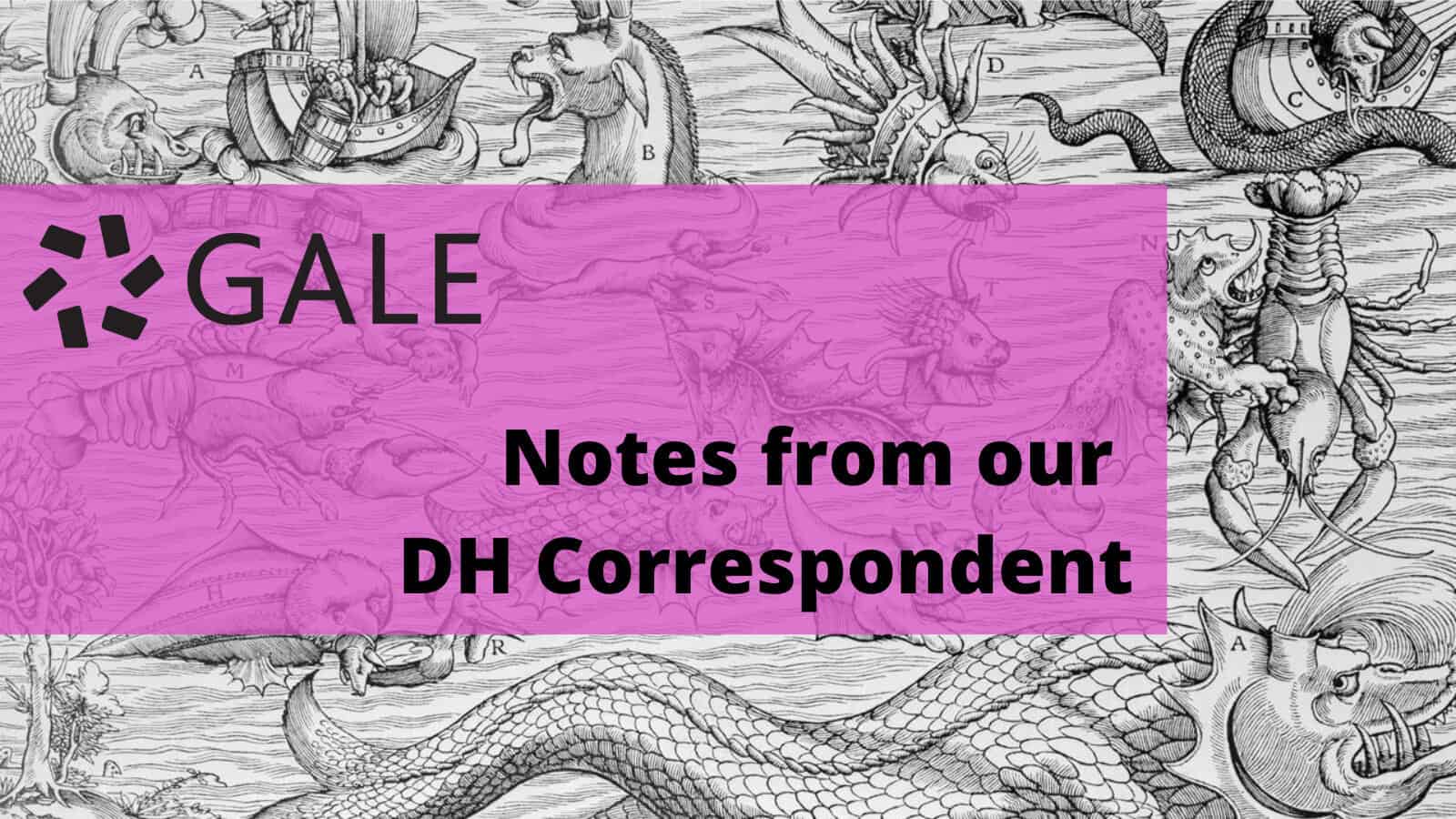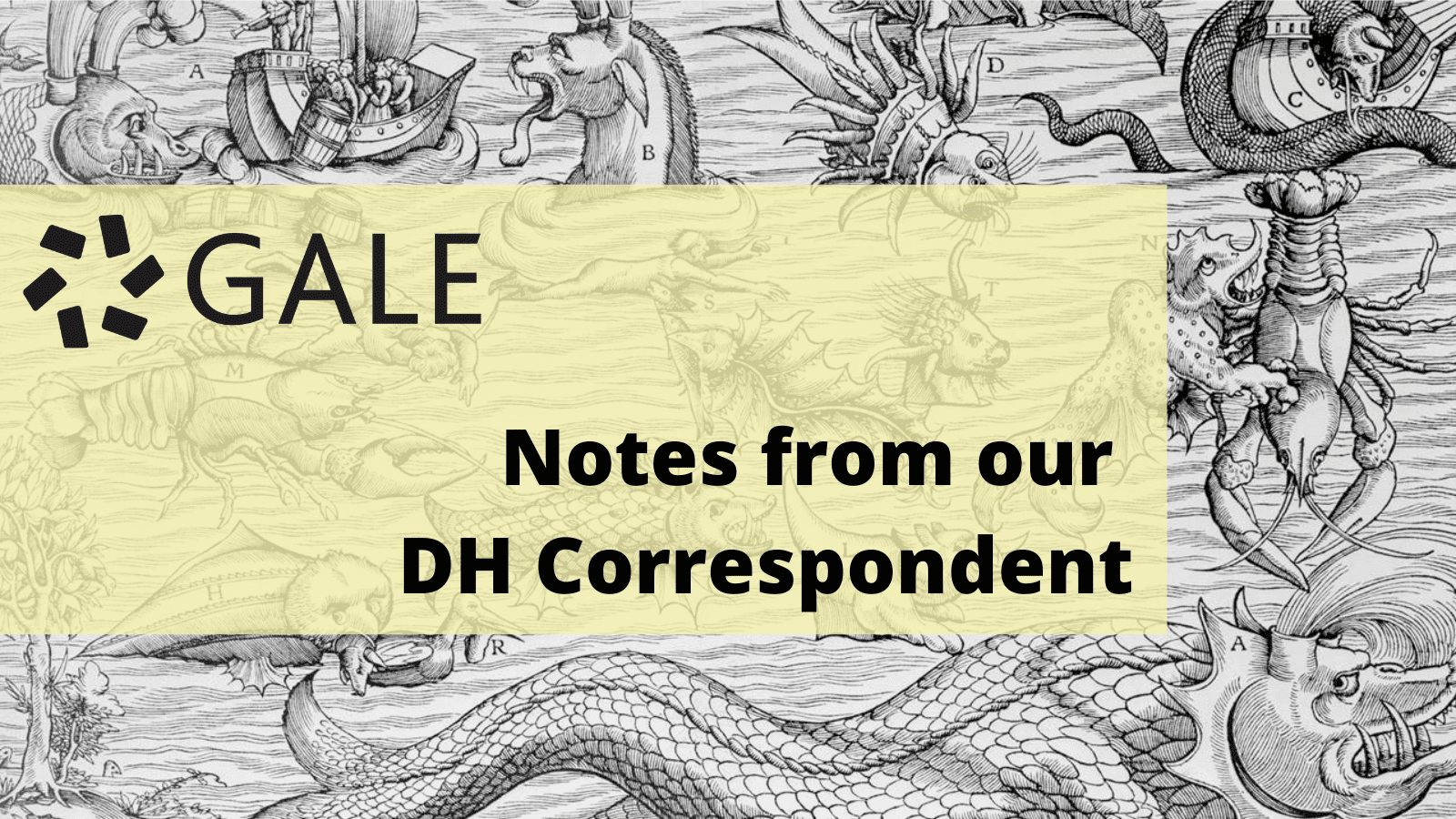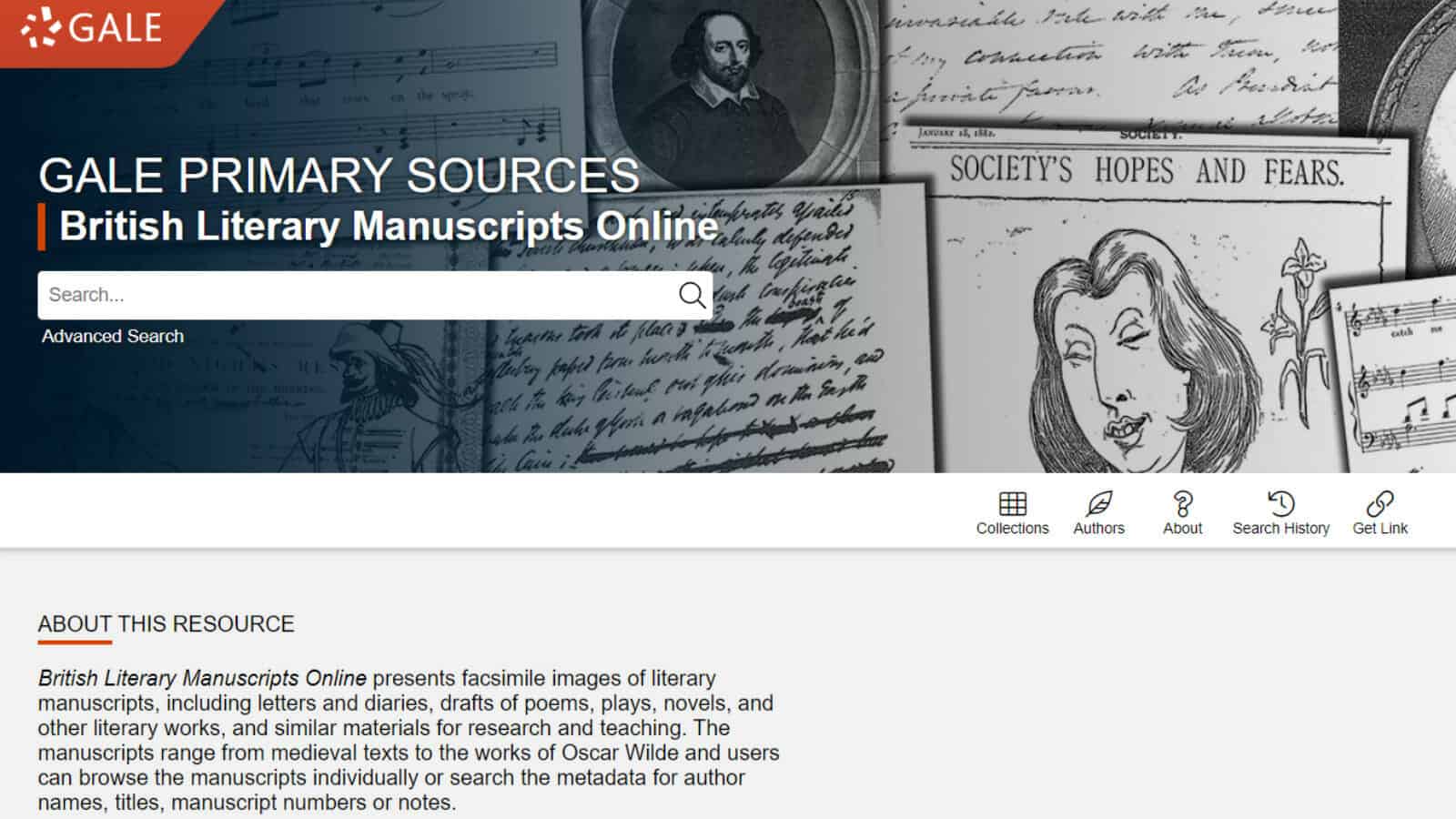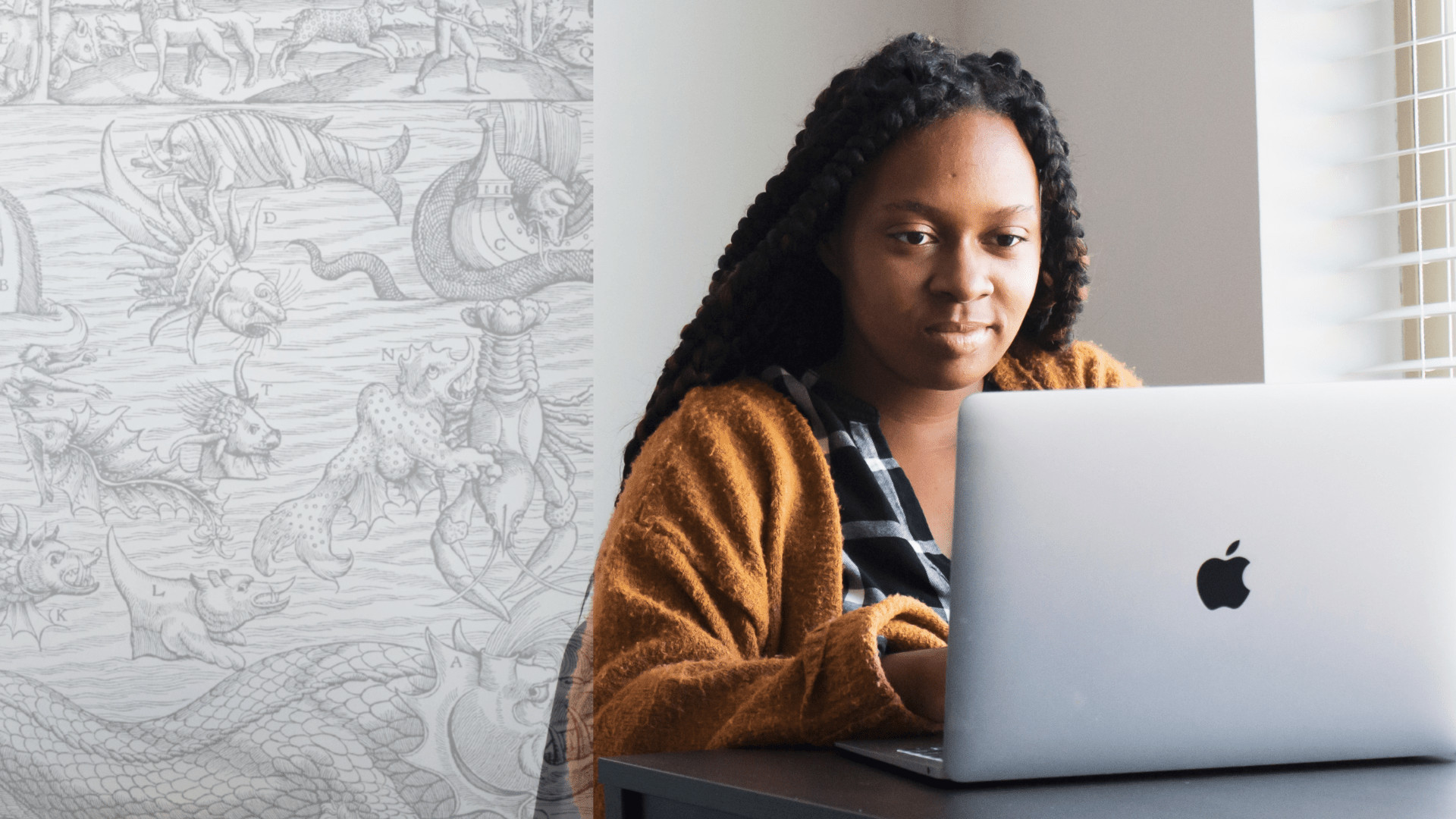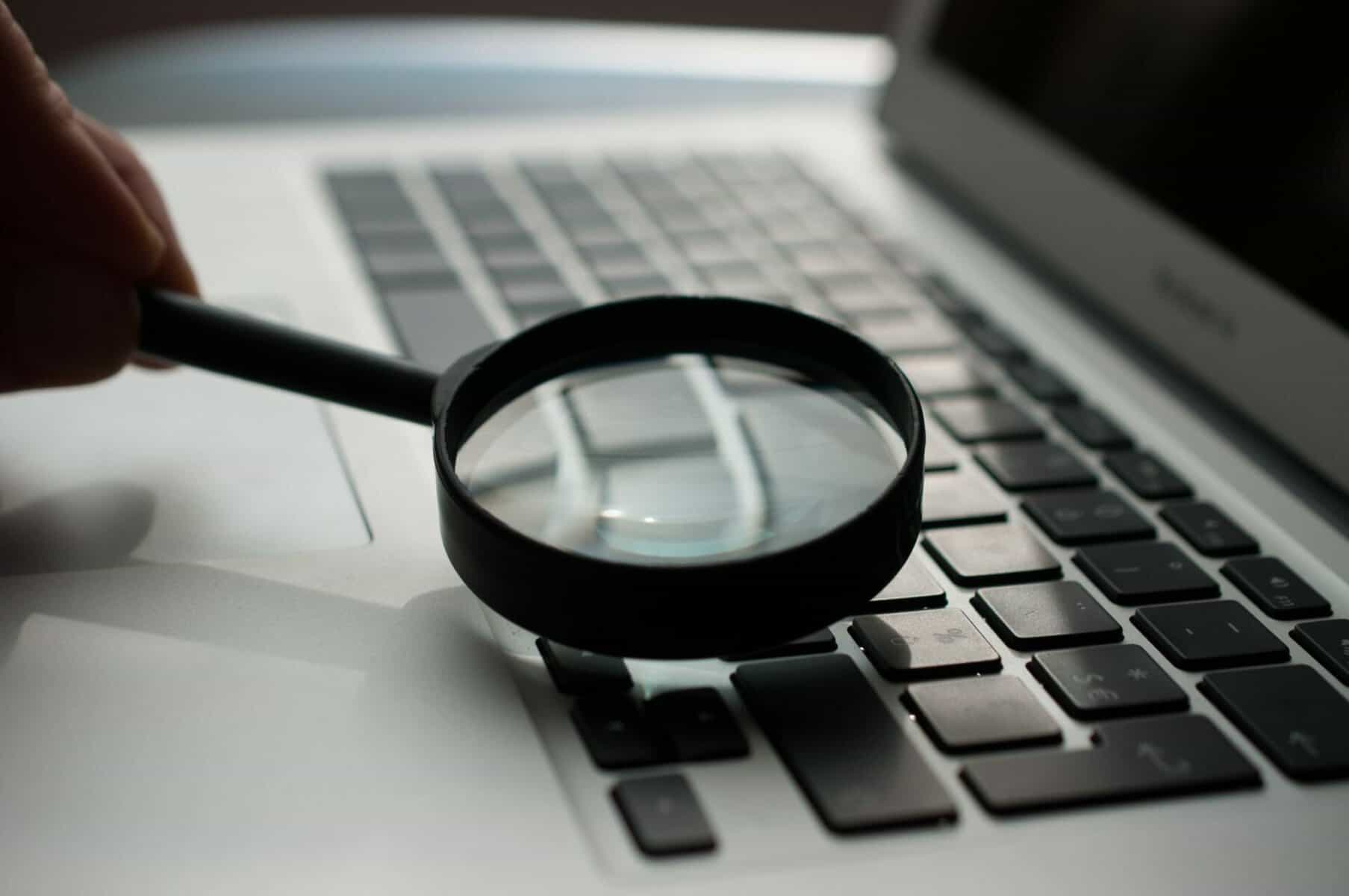│By David Rosson, Doctoral Researcher at the University of Helsinki│
A big-picture goal for the Computational History research group at the University of Helsinki is to develop methods for studying how ideas spread during the Age of Enlightenment. This was a time period marked by notable thinkers and burgeoning ideas about reason, science, human nature, the state, and society as a system operating on certain principles. These ideas have profoundly shaped the modern world we live in today and in many ways still bear influence on current affairs.
An indispensable resource for studying historical discourse in this period is Gale’s Eighteenth Century Collections Online (ECCO), which covers a considerable portion of books published in Britain between 1700 and 1800. Our research group has been working with the datasets and building research infrastructure on top of Gale’s primary sources for more than a decade. One of the latest examples of our researcher-oriented tools is a web interface, Reception Reader, that helps with the tasks of exploring text reuse patterns in ECCO documents.
Read more

